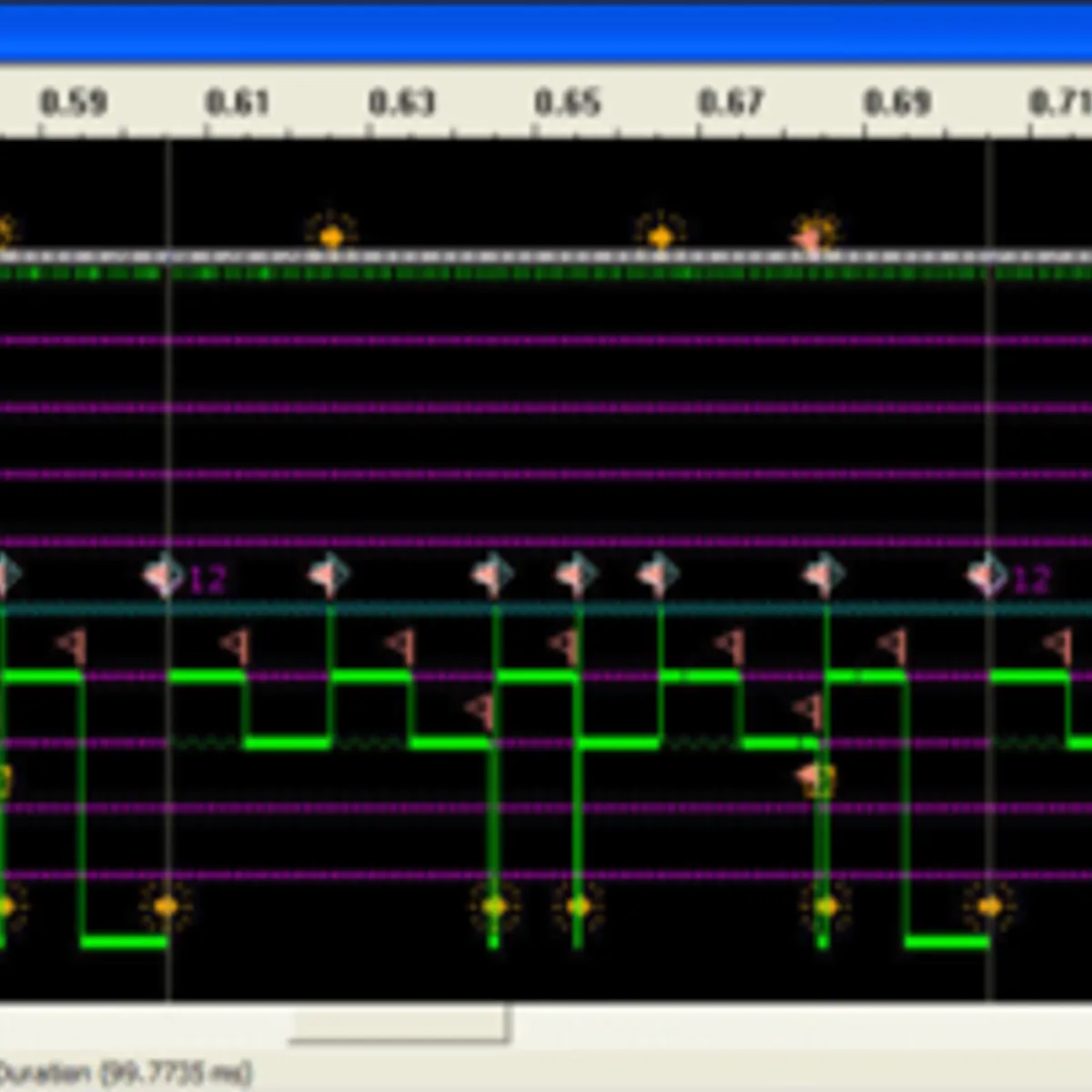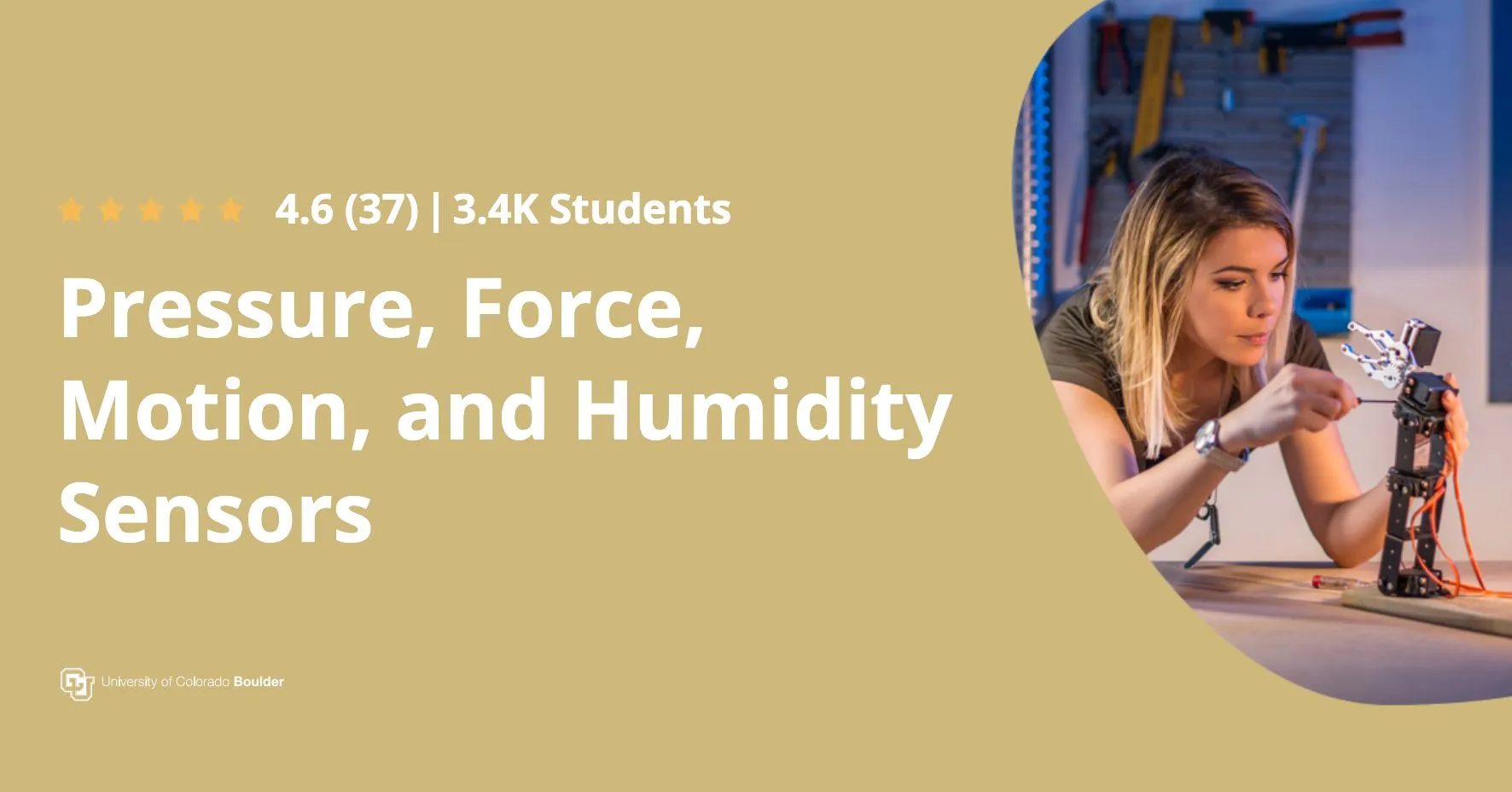
Real-Time Embedded Systems Concepts and Practices 
This course provides an introduction to the design and implementation of real-time embedded systems. Students will learn the fundamentals of embedded system design, including the use of microprocessors, real-time operating systems, and embedded Linux. Through hands-on labs, students will gain experience in designing and building a microprocessor-based embedded system application. The course will also cover topics such as digital command and control, system integration, and debugging. ▼
ADVERTISEMENT
Course Feature
![]() Cost:
Cost:
Free
![]() Provider:
Provider:
Coursera
![]() Certificate:
Certificate:
Paid Certification
![]() Language:
Language:
English
Course Overview
❗The content presented here is sourced directly from Coursera platform. For comprehensive course details, including enrollment information, simply click on the 'Go to class' link on our website.
Updated in [May 30th, 2023]
Introduction: Real-Time Embedded Systems Concepts and Practices is an online course that provides students with the knowledge and skills to design and build a microprocessor-based embedded system application using a real-time operating system or RT POSIX extensions with Embedded Linux. This course is ideal for those who are interested in pursuing a career in embedded systems engineering, or for those who are already in the field and want to expand their knowledge.
Possible Development Paths: This course is a great starting point for those who are interested in pursuing a career in embedded systems engineering. After completing this course, students can further their education by taking more advanced courses in embedded systems engineering, such as Embedded Systems Design and Programming, Embedded Systems Security, and Embedded Systems Architecture. These courses will provide students with the skills and knowledge to design and develop embedded systems for a variety of applications.
Related Learning Suggestions: In addition to taking more advanced courses in embedded systems engineering, students can also benefit from taking courses in computer engineering, computer science, and electrical engineering. These courses will provide students with the skills and knowledge to design and develop computer systems and software applications. Additionally, students can also benefit from taking courses in mathematics, physics, and engineering to gain a better understanding of the fundamentals of embedded systems engineering.
Course Provider

Provider Coursera's Stats at AZClass
Discussion and Reviews
0.0 (Based on 0 reviews)
Explore Similar Online Courses

Google Business Intelligence

Greedy Algorithms Minimum Spanning Trees and Dynamic Programming

Python for Informatics: Exploring Information

Social Network Analysis

Introduction to Systematic Review and Meta-Analysis

The Analytics Edge

DCO042 - Python For Informatics

Causal Diagrams: Draw Your Assumptions Before Your Conclusions

Whole genome sequencing of bacterial genomes - tools and applications

Pressure Force Motion and Humidity Sensors

Appliance Testing Fundamentals


Start your review of Real-Time Embedded Systems Concepts and Practices